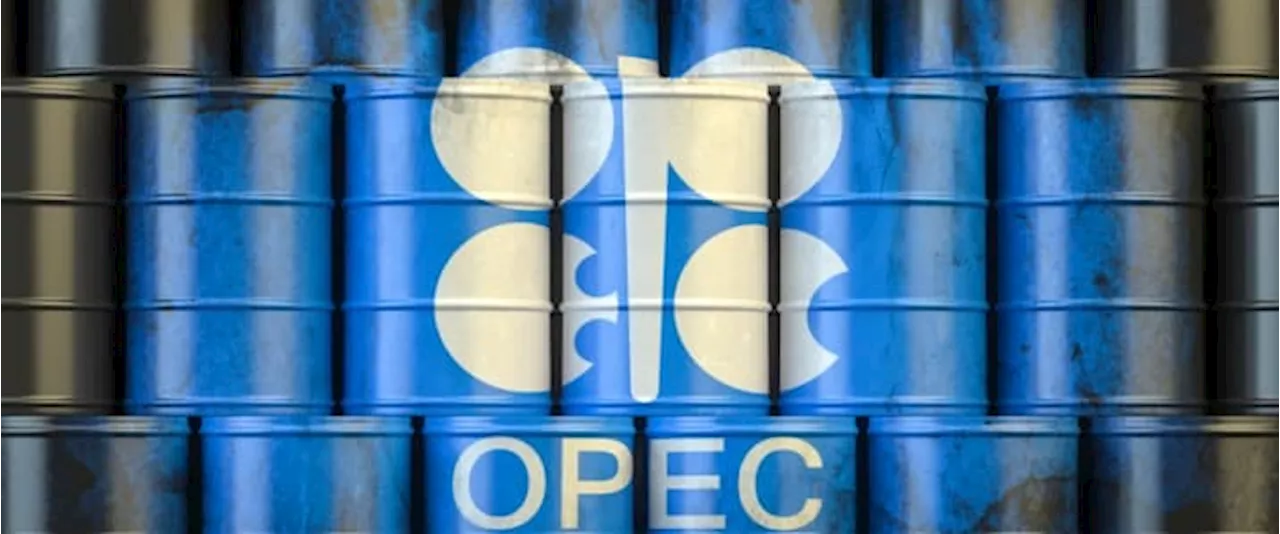Despite geopolitical turmoil and the prospect of higher interest rates, oil markets maintained stability in 2024. Excess supply, particularly from OPEC+ and non-OPEC producers, contributed to the relatively balanced market, while slowing demand in China further dampened price fluctuations.
Welcome to our final Energy Source newsletter until 2025, coming to you today from New York. The Federal Reserve cut interest rates yesterday for the third time this year but signaled they might keep borrowing costs higher than expected in 2025. The forecast sent renewables stocks tumbling, with the iShares Clean Energy ETF closing 3.2 per cent lower.
The renewables sector, which faces high upfront costs, has been battered by elevated borrowing costs and faces an uncertain future next year under incoming US president Donald Trump.In today’s issue we look back on the trends that defined 2024, from stable oil markets, merger and acquisitions in the US, accelerating power demand and the revival of nuclear energy. I hope you all stay safe and enjoy the holiday period. Merry Christmas to all who celebrate and Happy New Year! This year we saw the intensification of the wars in Ukraine and Gaza, including multiple attacks on critical energy infrastructure in Russia and Ukraine and direct clashes between Iran and Israel that put the Middle East on the brink of an “oil war”.Still, oil markets were relatively stable. According to Deloitte, 2024 was one of the most stable years in the past quarter century for oil markets, with Brent crude, the international benchmark, exhibiting minimal average monthly changes. Prices for Brent settled at $73.39 a barrel yesterday, down 3.3 per cent from $75.89 a barrel on January 2.“This year has been a relatively balanced year on oil supply demand,” said Vikas Dwivedi, an analyst at Macquarie. “I would say probably 70 to 80 per cent of oil price movements are driven by changes in supply . . . this year it’s been way more weighted to demand disappointing.”The reason: excess supply from Opec+ sitting on the sidelines, not to mention the continued growth in production from non-Opec countries such as the US. Slowing demand in China, the cornerstone of oil demand growth, also fundamentally changing the dynamics of the marke
Oil Market Geopolitics OPEC+ Demand Supply
United Kingdom Latest News, United Kingdom Headlines
Similar News:You can also read news stories similar to this one that we have collected from other news sources.
 Oil Markets Remain Lackluster Despite Positive OPEC MeetingDespite OPEC's decision to delay production increases, oil prices continue to fall due to prevailing negative sentiment and concerns about future oversupply.
Oil Markets Remain Lackluster Despite Positive OPEC MeetingDespite OPEC's decision to delay production increases, oil prices continue to fall due to prevailing negative sentiment and concerns about future oversupply.
Read more »
 Bullish Catalysts Build in Oil Markets But Prices Remain RangeboundOil prices have moved in a very narrow bandwidth this week despite several bullish catalysts, with plenty of upside next week after Thanksgiving.
Bullish Catalysts Build in Oil Markets But Prices Remain RangeboundOil prices have moved in a very narrow bandwidth this week despite several bullish catalysts, with plenty of upside next week after Thanksgiving.
Read more »
 Oil Prices Remain Under Pressure Despite Geopolitical RiskThe shock overthrow of Assad in Syria has brought attention back to geopolitics in the Middle East, but fundamentals continue to weigh on oil prices
Oil Prices Remain Under Pressure Despite Geopolitical RiskThe shock overthrow of Assad in Syria has brought attention back to geopolitics in the Middle East, but fundamentals continue to weigh on oil prices
Read more »
 The OPEC Meeting Is Looming Large Over Oil MarketsThe next OPEC meeting is looming, with oil markets now fully focused on rumors that the group may further postpone production increases.
The OPEC Meeting Is Looming Large Over Oil MarketsThe next OPEC meeting is looming, with oil markets now fully focused on rumors that the group may further postpone production increases.
Read more »
 Oil Prices Jump on Geopolitical Uncertainty but Demand Concerns RemainOil prices rose slightly on news of the Syrian takeover, but concerns about weak demand and potential oversupply continue to weigh on the market.
Oil Prices Jump on Geopolitical Uncertainty but Demand Concerns RemainOil prices rose slightly on news of the Syrian takeover, but concerns about weak demand and potential oversupply continue to weigh on the market.
Read more »
 Why Oil Markets Are Trading With Zero ConvictionStandard Chartered analysts, while correctly predicting the OPEC decision, said oil markets are simply waiting for Trump to take office before moving dramatically in one direction or another.
Why Oil Markets Are Trading With Zero ConvictionStandard Chartered analysts, while correctly predicting the OPEC decision, said oil markets are simply waiting for Trump to take office before moving dramatically in one direction or another.
Read more »
